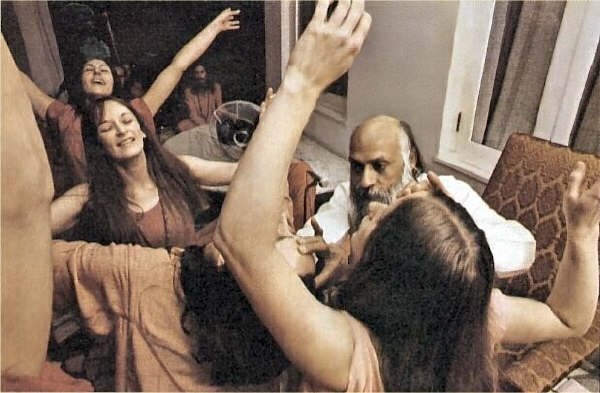When Socrates was dying he was so enchanted that his disciples could not understand what he was feeling so happy about. One disciple, Credo, asked, 'Why are you looking so happy? We are crying and weeping.' Socrates said, 'Why should I not be happy? I have known what life is, now I would like to know what death is. I am at the door of a great mystery, and I am thrilled!I am going on a great journey into the unknown. I am simply full of wonder! I cannot wait!' And remember, Socrates was not a religious man; Socrates was not in any way a believer.
Somebody asked, 'Are you so certain that the soul will survive after death?' Socrates said, 'I don't know.'
To say, 'I don't know' takes the greatest courage in the world. It is very difficult for the language professors to say, 'I don't know'. It is difficult for the parrots. Socrates was a very sincere and honest man. He said, 'I don't know.'
Then the disciple asked, 'Then why are you feeling so happy? If the soul does not survive, then…?' Socrates said, 'I have to see. If I survive there can be no fear about it. If I don't survive, how can there be fear? If I don't survive, I don't survive. Then where is the fear? There is nobody there, so fear cannot exist. If I survive, I survive. There is no point in getting afraid about it.
But I don't know exactly what is going to happen. That's why I am so full of wonder and ready to go into it. I don't know.'
To me, this is what a religious man should be. A religious man is not a Christian, or a Hindu, or a Buddhist, or a Mohammedan. All these are ways of knowledge.
OSHO


